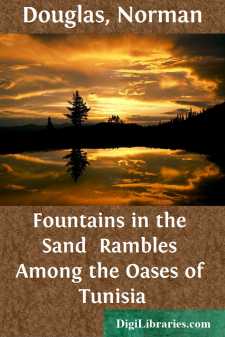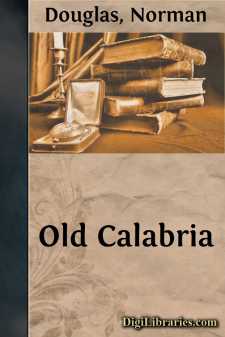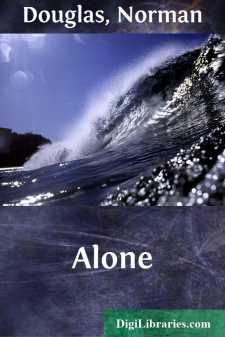Categories
- Antiques & Collectibles 13
- Architecture 36
- Art 48
- Bibles 22
- Biography & Autobiography 813
- Body, Mind & Spirit 142
- Business & Economics 28
- Children's Books 14
- Children's Fiction 11
- Computers 4
- Cooking 94
- Crafts & Hobbies 4
- Drama 346
- Education 46
- Family & Relationships 57
- Fiction 11828
- Games 19
- Gardening 17
- Health & Fitness 34
- History 1377
- House & Home 1
- Humor 147
- Juvenile Fiction 1873
- Juvenile Nonfiction 202
- Language Arts & Disciplines 88
- Law 16
- Literary Collections 686
- Literary Criticism 179
- Mathematics 13
- Medical 41
- Music 40
- Nature 179
- Non-Classifiable 1768
- Performing Arts 7
- Periodicals 1453
- Philosophy 64
- Photography 2
- Poetry 896
- Political Science 203
- Psychology 42
- Reference 154
- Religion 513
- Science 126
- Self-Help 84
- Social Science 81
- Sports & Recreation 34
- Study Aids 3
- Technology & Engineering 59
- Transportation 23
- Travel 463
- True Crime 29
Norman Douglas
Norman Douglas (1868–1952) was a British author known for his travel writings, novels, and essays, particularly in the early 20th century. His most famous work is the novel "South Wind" (1917), a satirical portrayal of life on the fictional Mediterranean island of Nepenthe, inspired by his time spent in Capri. Douglas also wrote notable travel books, such as "Old Calabria" (1915), reflecting his deep love for southern Italy. His writing often combined wit, irony, and a deep understanding of human nature, making him a distinctive voice in English literature.
Author's Books:
Sort by:
by:
Norman Douglas
Chapter I EN ROUTE Likely enough, I would not have remained in Gafsa more than a couple of days. For it was my intention to go from England straight down to the oases of the Djerid, Tozeur and Nefta, a corner of Tunisia left unexplored during my last visit to that country—there, where the inland regions shelve down towards those mysterious depressions, the Chotts, dried-up oceans, they say, where in...
more...
by:
Norman Douglas
SARACEN LUCERA I find it hard to sum up in one word the character of Lucera—the effect it produces on the mind; one sees so many towns that the freshness of their images becomes blurred. The houses are low but not undignified; the streets regular and clean; there is electric light and somewhat indifferent accommodation for travellers; an infinity of barbers and chemists. Nothing remarkable in all...
more...
by:
Norman Douglas
Introduction What ages ago it seems, that "Great War"! And what enthusiasts we were! What visionaries, to imagine that in such an hour of emergency a man might discover himself to be fitted for some work of national utility without that preliminary wire-pulling which was essential in humdrum times of peace! How we lingered in long queues, and stamped up and down, and sat about crowded, stuffy...
more...




